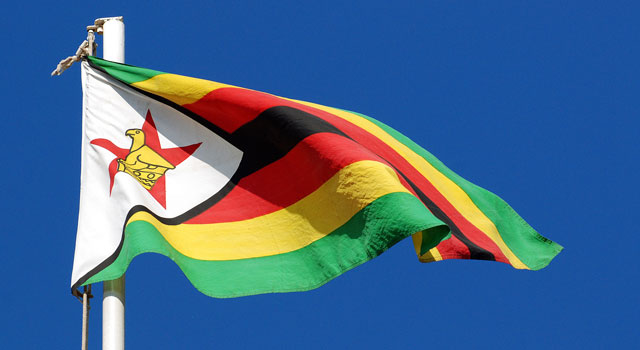
Morgan Tsvangirai’s Movement for Democratic Change (MDC) party said on Wednesday that an ongoing fight over Zimbabwe’s third-largest mobile operator proved the country was “a failed state”.
Spokesman Obert Gutu said the fact that Telecel Zimbabwe had operated without a licence for more than a year showed that the law was being selectively applied.
President Robert Mugabe’s government said at the weekend that Telecel Zimbabwe would no longer be allowed to operate, though it will not force its closure. Two of the president’s relatives are involved in Telecel. They are his nephews Leo Mugabe and Philip Chiyangwa, a well-known Harare businessman.
The MDC spokesman said that the fact that Zimbabwe’s biggest mobile operator Econet Wireless had paid US$137m for its operating licence but Telecel had got away with paying just $5m showed “the socioeconomic mismanagement of the country”.
Telecel is 60% owned by Vimplecom, a Netherlands-based communications company. The remaining 40% is owned by Zimbabwe’s Empowerment Corporation (EC). EC officials have been fighting over how to dispose of their stake.
Zimbabwe’s indigenisation laws say a 51% share of all white and foreign companies must be in the hands of local black businessmen.
Separate reports say Vimplecom has been looking to sell its Telecel stake for some time.
Telecel was reported in September 2014 to have 2,2m active subscribers. The biggest mobile operator, Econet, owned by Zimbabwe’s Strive Masiyiwa, had more than 9m subscribers.
Zimbabwe has a population of 13m. — Sapa

